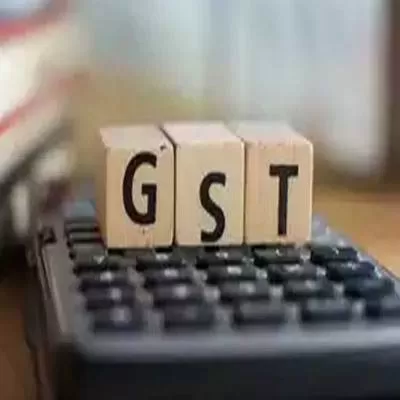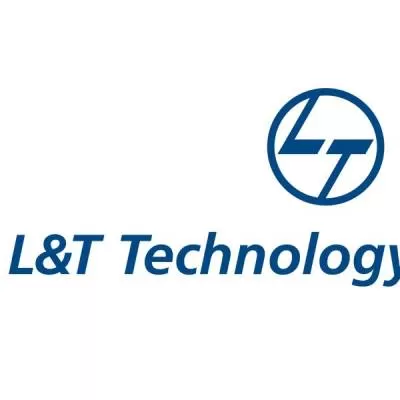Schedule a Call Back
GST Authorities Issue Notices to Developers Over Rs 35 Billion Claims
 Several property developers have reportedly received show-cause notices from the Goods and Services Tax (GST) authorities, questioning their claims for input tax credit (ITC) amounting to approximately Rs 35 billion, according to sources familiar with the matter.
Several property developers have reportedly received show-cause notices from the Goods and Services Tax (GST) authorities, questioning their claims for input tax credit (ITC) amounting to approximately Rs 35 billion, according to sources familiar with the matter.
These notices follow a Supreme Court ruling in October regarding Safari Retreats, which allowed commercial real estate companies to claim ITC on construction costs for rental buildings.
The GST authorities have sought the refund of ITC from the developers, arguing that the credits were wrongly claimed, and in some cases, they have blocked the credit claims altogether. A developer who received a notice mentioned that the notices were causing significant confusion among industry players.
The Supreme Court had upheld the constitutional validity of the relevant provisions while emphasizing that eligibility for ITC should be determined on a case-by-case basis, based on the "essentiality" and "functionality" tests. The Court also specified that two conditions must be met to avail tax credit: the property must either be leased out or sold before construction is complete, and it must qualify as "plant or machinery."
Authorities stated that credits claimed by real estate companies would be deemed eligible once it is conclusively established that they meet the functionality and essentiality tests outlined by the Supreme Court.
Many developers have already approached the court in response to these notices, claiming that tax officials are misusing the provision to block and deny ITC. Tax officials explained that they are carefully reviewing ITC claims to prevent potential misuse. Abhishek A. Rastogi, the founder of Rastogi Chambers, argued that a scientific and objective mechanism must be applied uniformly to determine eligibility, in order to avoid unjustly denying rightful credits.
He also pointed out that in certain cases, authorities are interpreting the Supreme Court's findings as applying only to the petitioners in the Safari Retreats case. He stated that this interpretation is flawed, as judicial precedents are binding and should be applied uniformly to all taxpayers in similar situations across the industry.


Subscribe Now
Subscribe to our Newsletter & Stay updated
RECENT POSTS
Popular Tags
Folliow us
Related Stories
India Launches First Maritime Sector NBFC
Union Minister Sarbananda Sonowal recently inaugurated Sagarmala Finance Corporation Limited (SMFCL), India’s first NBFC dedicated to the marit...
L&T Tech Services Wins $50 Mn+ Deal from Global Energy Major
L&T Technology Services, a global leader in engineering and technology services, announced that its Sustainability segment has been selected ...
SECI Extends Green Ammonia Bid Deadline to 30 June
The Solar Energy Corporation of India (SECI) has extended the bid deadline for its green ammonia tender to 30 June 2025. The tender was issued un...










